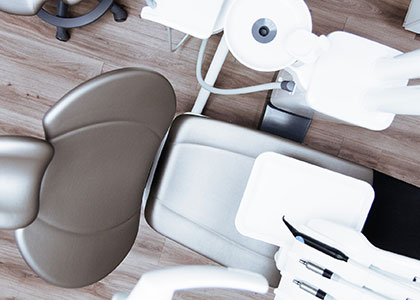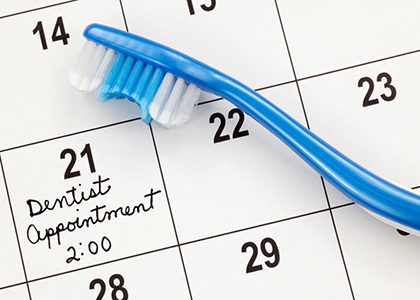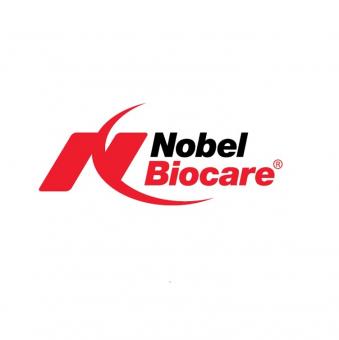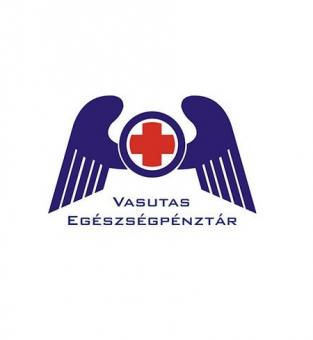Blood Blister in the Mouth: Causes, Symptoms, and Treatment Methods
When a red, purple, or brownish fluid-filled blister appears in the mouth, it can be quite alarming and uncomfortable. A blood blister in the mouth definitely indicates a serious issue that requires close attention. However, with proper treatment and careful oral hygiene, this condition rarely causes irreversible damage.
What is a Blood Blister and How Does it Develop in the Mouth?
Definition and Basics As the name suggests, a blood blister is a fluid-filled blister, typically filled with bright red or dark-colored liquid, i.e., blood. Blood blisters can appear almost anywhere on the body. They are most commonly caused by damage under the surface of the skin due to pressure, impact, friction, or heat. The damaged tissue leaks blood (and other bodily fluids, such as lymph) under the intact upper layer, creating a small, fluid-filled sac.
The blood blister may be filled with relatively fresh, red blood from the capillaries, but it can also appear darker or even black, depending on how much the fluid has clotted and how oxygen-rich the blood was that filled it. The color of the blister itself more so indicates the age of the injury. A black blood blister is not more serious than one that is reddish.
Causes of Blood Blisters In the mouth, blood blisters usually result from some type of injury. They can occur after being hit in the face, as a symptom of dental procedures, or even if someone grinds their teeth at night due to stress. Blood blisters can also be caused by eating certain foods, such as accidentally biting into something very hot or biting down on something hard (like the crust of a toast).
Blood blisters can also develop as a complication of various dental procedures. This doesn't necessarily indicate a problem; sometimes, it is inevitable that pressure had to be applied to an area during treatment, causing tissue damage.
Symptoms of Blood Blisters Identification and Self-Diagnosis A blood blister in the mouth usually causes pain; the affected area is sensitive when touched with the tongue or fingers. It's rare, but the blister may burst during eating or brushing, releasing its contents into the oral cavity. This creates an open sore, making the treatment of the blood blister and the maintenance of oral hygiene very important.
Why Do Blood Blisters Develop in the Mouth? - Common Causes Triggering Factors Blood blisters in the mouth can develop for various reasons. Often, some type of accident is involved: hitting the mouth or face in a car during a sudden stop, getting hit by a ball while playing volleyball, or accidentally biting the tongue or a soft part of the mouth during a fall.
The formation of blisters can also result from teeth grinding or clenching. It may occur due to damage from oral hygiene tools, such as electric toothbrushes, orthodontic devices, oral irrigators, or teeth whitening trays.
Following dental procedures, a blood blister can be part of the natural healing process, appearing on the gums after tartar removal or tooth extraction. Oral surgical procedures can also lead to blisters forming due to the pressure from tools.
Treatment of Blood Blisters: Home Remedies and Medical Interventions Treatment Strategies Since they can cause discomfort and open sores, treating blood blisters is crucial. Fortunately, this does not necessarily require medical intervention. Blood blisters can often be managed at home.
Maintain oral hygiene! Regularly rinse with an antiseptic solution or use tablets suitable for disinfecting the oral cavity!
Protect the area from physical impacts! Prefer soft, not too hot foods! Use a straw if necessary for a few days!
Do not burst a blood blister in the mouth, but it may burst on its own. In such cases, use an antiseptic.
If the blister is very bothersome, causes difficulty swallowing, covers a large area, or bursts, it is advisable to seek medical attention. Medical treatment usually starts with excluding other conditions such as canker sores or abscesses. The doctor will typically examine, clean, and disinfect the area, and recommend medications, disinfectants, or regenerative products.
When to See a Doctor? - Serious Signs of a Blood Blister Warning Signs A blood blister in the mouth usually resolves on its own within a few days. If this does not happen, it is advisable to consult a doctor. Medical help is necessary in case of difficulty swallowing, severe pain, or if you are unsure about the cause of the condition.
Neglecting to treat a blood blister can lead to serious oral infections. In more severe cases, the surrounding tissues may also become damaged. An extreme inflammation could potentially lead to blood poisoning, bone infection, or tooth loss—thus, it's crucial not to take the issue lightly.
Prevention Tips: How to Avoid the Formation of Blood Blisters? Precautionary Measures In addition to treating a blood blister, it's important to focus on prevention. Protect the mouth from physical impacts! If necessary, wear helmets, mouthguards, or dental protectors during sports! Seek medical attention for broken or damaged teeth immediately! Often, sharp edges formed by a lost filling or chipped tooth can injure the tissues enough to cause a blood blister in the mouth.
Proper oral hygiene is also crucial. The less irritated the tissues, the less likely a blood blister is to develop or the faster it will heal.
Frequently Asked Questions About Blood Blisters Useful Information What is the difference between a blood blister and a water blister in the mouth? A water blister in the mouth is filled with bodily fluids other than blood. It is relatively rare but can occur during teeth grinding, wearing orthodontic devices, etc.
How can you tell if a blood blister in the mouth is infected? If the treatment of the blood blister was unsuccessful, the surrounding tissues usually become swollen and painful. Rarely, fever and pain in the surrounding muscles and swollen lymph nodes can accompany it.
How long does it take for a blood blister in the mouth to heal? Injuries in the oral cavity heal quickly. It's possible that the discomfort disappears within just one day.
Summary of Blood Blisters A blood blister in the mouth is extremely unpleasant, but fortunately, it is usually well-manageable without significant medical intervention—though vigilance and general oral health are prerequisites. Do not neglect regular dental check-ups and early resolution of problems! If you encounter a blood blister or any other oral surgical problem, do not hesitate to contact our specialists!




















